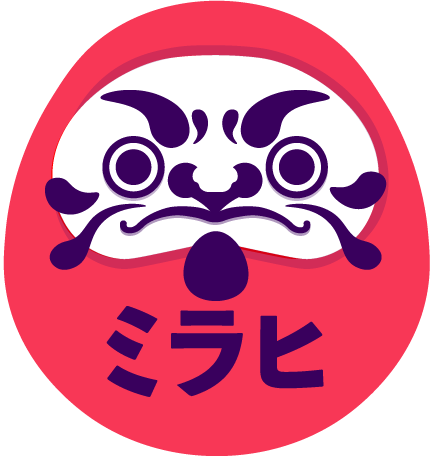When work is hard labor

Forcing your team to read a book sounds like a bad idea, right? Well, it is... and then it isn’t.
No Oprah involved
In this TLDR, the People & Culture Lead takes a look at the good-bad-and-ugly of an office-wide book club. Though some wouldn’t even call it a club. Some (hello, Charlotte) would just call it "a gulag with books..."
And, to be fair, it wasn’t always fun.
But growth isn’t supposed to be.
Brain pain
Reading, thinking, reflecting takes energy. After 600 lines of code, 22 emails, and one or two Data ONTAP kernel critical error messages, reading doesn’t look as enticing as say, Netflix, or even, Tik Tok.
But reading is there, waiting, constantly reminding us to engage our brains in the way that propelled human beings to the top of the food chain—by prioritizing neural synapses and their capacity for strategic long-term thinking combined with imagination. Sometimes old-fashioned books present opportunities to grow these particular skills, especially when combined with discussion groups.
So, we did it. We read a book.
In the article (link at the end) the detailed process is documented so you can decide if having a book club—or what we eight months later renamed Book-Based Consultant Training because it is definitely not a club!—is a good choice for your small team or large organization.
Warning: Team reads are not for the faint of heart.
If you want the unvarnished behind-the-scenes truth (happened well after the attached article was written): one of our senior engineers was so opposed to having to read a book, he listed it as one of the reasons he was leaving the company. He even confessed in his exit interview to never having read the assigned book; he hated the idea that much. He just went to discussion groups, randomly opened a page, and when it was his turn to talk, riffed about the company with some details from the paragraph in front of him.
Reading was never supposed to be a litmus test of commitment, but in an odd way it had that effect. No worries about the engineer. We're glad he's happier in his new company (and run into him at events from time to time, all smiles). In the meantime the team read a second book and rated it a better experience than the first go around.
Novel or No?
Our book read (first and second iteration) was still a far cry from reading fiction with wine and cheese....(Here comes the dream sequence: Ahhh, to read Mary Shelley’s Frankenstein, for example. That story written in 1816 still offers so much to unpack and think about in our modern-day world: The dangers of exclusion, playing God over nature....Meaningful novels can even be written about today's workplace: there’s fiction set in a contemporary office, like Jonas Karlsson’s The Room or Ed Park’s Personal Days). Enter reality: any notion of reading fiction at work is met with fierce cries of “I left that behind in high school!”
But if there’s one thing books have revealed: it's work is not high school—it’s the real (read: hard) world!
Would welcome your feedback on Mirahi's Radical Candor Journey.
You can download it here ⬇️
Read another colleague's thoughts on the books here
